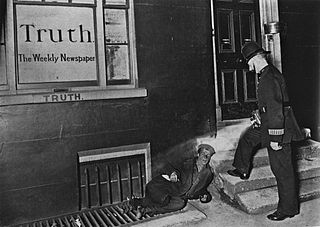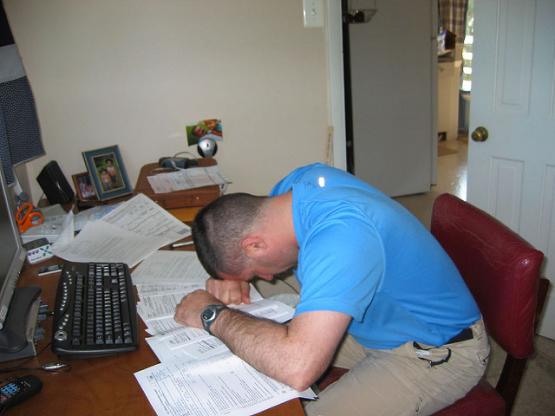This presentation looks at the cost of collecting the income tax. The IRS overhead itself represents the direct cost to the government in generating this revenue. Beside that there is the burden put on the tax payer in preparing his return, in the case of an audit there may be the cost of representation before a tax court. You also become aware of the vast amount of human resources wasted on this activity for the revenue generated.
Since earliest civilizations, humans have recognized that food is a product of farmland (and, yes, pastureland, fisheries, etc) and have managed to cultivate enough land to feed themselves. Yet today we routinely convert farmland to urban use. American Farmland Trust (AFT) seek to ensure continued agricultural use of some land by buying development rights from farmers, and try to make farms more viable by facilitating community supported agriculture. The geoist fiscal reform provides an alternative way to encourage more conservative and productive use of all land. With additional material from YES! magazine about the slow food revolution, this presentation by HGS instructor Bob Jene suggests that an alliance between AFT and geoists might benefit both.

Would Rube Goldberg have been able to design a less straightforward system of funding government than the U S Federal income tax? In this presentation, HGS instructor Bob Jene looks at what it costs to collect this revenue. The direct cost to the government of operating the Internal Revenue Service is only a small part, as the burden put on the taxpayer, and the diversion of effort from productive uses, should also be considered.

The People of the Abyss (1903) is a book by Jack London (1876-1916) about life in the East End of London in 1902. He wrote this first-hand account by living in the East End for several months, sometimes staying in workhouses or sleeping on the streets. The conditions he experienced and wrote about were the same as those endured by an estimated 500,000 of the contemporary London poor. Decades later, this book inspired George Orwell to write Down and Out in Paris and London.
A bit late to be a contemporary of Henry George, Jack London lived mainly in northern California and was a passionate advocate of workers’ rights. Both London and George were members of Bohemian Grove.
(source: Wikipedia)
The People of the Abyss is available free on line as text from Gutenberg, and as an audiobook from LibriVox, as well as in hardcopy from various libraries and book dealers.
Political Economy Book Club is open to everyone wishing to participate in the discussion, without charge altho donations are appreciated to help pay for rent and snacks. Convenor Bob Matter appreciates an RSVP from those planning to attend.

Do we need to suffer like this (and/or pay someone else) in order to fund government? In this presentation, HGS instructor Bob Jene looks at what it costs to collect income taxes. The direct cost to the government of operating the Internal Revenue Service is only a small part, as the burden put on the taxpayer, and the diversion of effort from productive uses, should also be considered.
